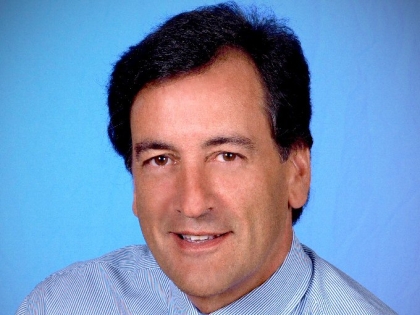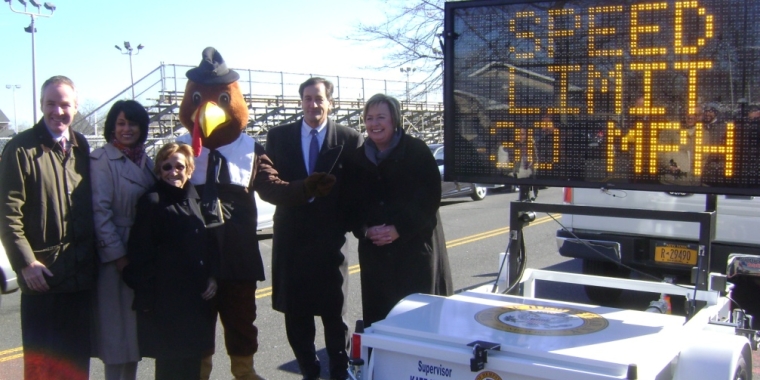
Senator Fuschillo Announces New Law Giving Dmv Stronger Tools to Fight Fraud
Charles J. Fuschillo Jr.
August 1, 2013
Senator Charles J. Fuschillo, Jr. (R-Merrick) announced that legislation he sponsored to give the Department of Motor Vehicles (DMV) stronger tools to combat fraud has been signed into law by Governor Andrew Cuomo. The legislation will allow DMV to impose sanctions on drivers who try obtain a driver's license or vehicle registration for free through a "charge back" fraud scheme.
Under the “charge back” fraud scheme, an individual pays for their driver’s license or registration using a credit card, then disputes the charge with their credit card company to get a “charge back” on their account. By fraudulently disputing a valid DMV charge, these individuals illegally obtain their driver’s license or registration free of charge.
“Scam artists are using charge back fraud schemes to steal hundreds of thousands of dollars from DMV each year. DMV needs stronger tools to combat this fraud. Allowing DMV to withhold services from drivers until they fulfill their outstanding obligations will save money and ensure these individuals pay their fair share like everyone else. I commend Governor Cuomo for approving this legislation,” said Senator Fuschillo, Chairman of the Senate’s Transportation Committee.
According to DMV, both the number of charge backs and the dollar amount of these transactions have been increasing. DMV receives an average of 100 charge back requests a month from credit card companies, totaling on average over $300,000 each year. In addition to the lost revenue, DMV has experienced additional losses because credit card companies can impose additional fees for each charge back. DMV anticipates that this trend will continue as the range of internet transactions DMV offers expands.
The new law will allow DMV to deny further transactions, such as renewing a driver’s license or registering a vehicle, to any driver who tries to use the “charge back” system to avoid payment until they pay the full amount of the charges to DMV. DMV will notify such individuals in writing that they have an outstanding fee and that they have 30 days to make payment to avoid sanctions. Prior to the new law, DMV did not have the authority to impose sanctions or penalties on these drivers, as it does for drivers with dishonored checks.
The new law takes effect November 29th.
Share this Article or Press Release
Newsroom
Go to Newsroom